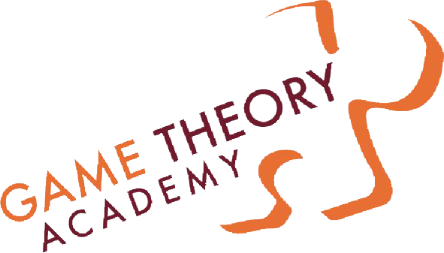On any city street in Oakland, it’s hard to not see a sign that says “Check Cashing” or “Get Cash Fast Here.” There are over 2,500 payday lenders in the state of California and a large portion here in Northern California. To put that in perspective, there are about 1,200 McDonalds in California, half of the amount of payday lenders.
 One of the lessons that we teach at Game Theory Academy focuses on the awareness about predatory financial products, including payday loans. GTA developed this lesson plan, called the “Savvy Consumer Toolkit,” in collaboration with the Alameda County Community Asset Network.
One of the lessons that we teach at Game Theory Academy focuses on the awareness about predatory financial products, including payday loans. GTA developed this lesson plan, called the “Savvy Consumer Toolkit,” in collaboration with the Alameda County Community Asset Network.
The lesson helps youth develop the critical thinking skills necessary when confronted with one of the predatory services out there. In fact, students at GTA put on improvised “acting” skits that show how the product actually works. Amazingly, not only are they learning about making the right decision when it comes to financial products but also working on their acting skills. (There are definitely some Denzel Washingtons and Julia Roberts at GTA!)
To better understand these services and the possible negative real costs associated, we teach students about:
- Check Cashing
- Payday Loans
- Prepaid Debit Cards
- Car Title Loans
- Rent to Own
- Credit Cards
- Car Financing
- Tax Refund Loans
Over $8.5 billion in fees is paid annually to check cashers and payday lenders. If that money stayed in the community, these dollars could give over 65,000 California youth a full ride at UC Berkeley. Imagine that. At GTA, we believe educating our youth is the most powerful instrument as they enter their adult lives and make decisions regarding financing a car and using credit cards. By the end of this lesson, students walk away with not only a better understanding of these predatory products, but also a list of low-cost financial alternatives in the East Bay to utilize in their own personal savings plan.
Dale Wannen, a Game Theory Academy instructor, is President of Sustainvest Asset Management, an investment advisory firm focused on sustainable and responsible investing.
